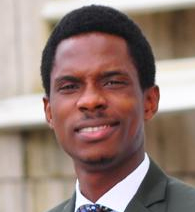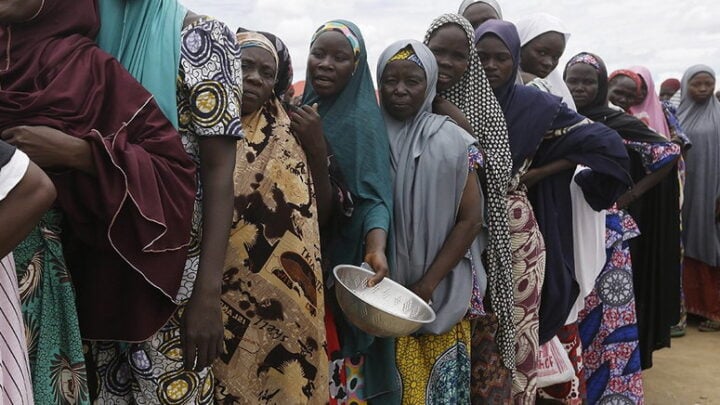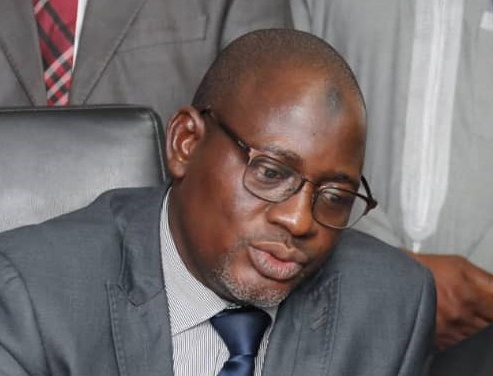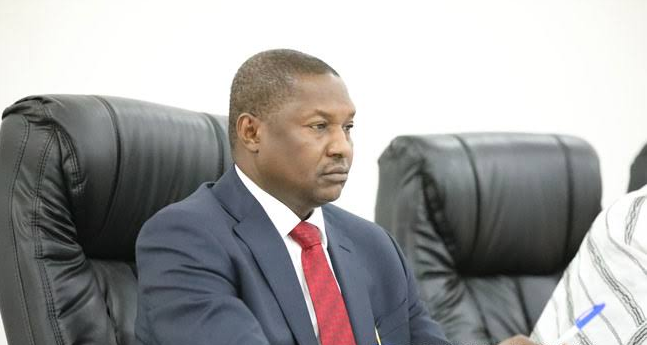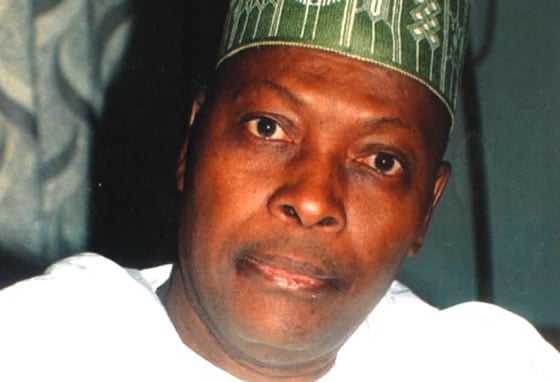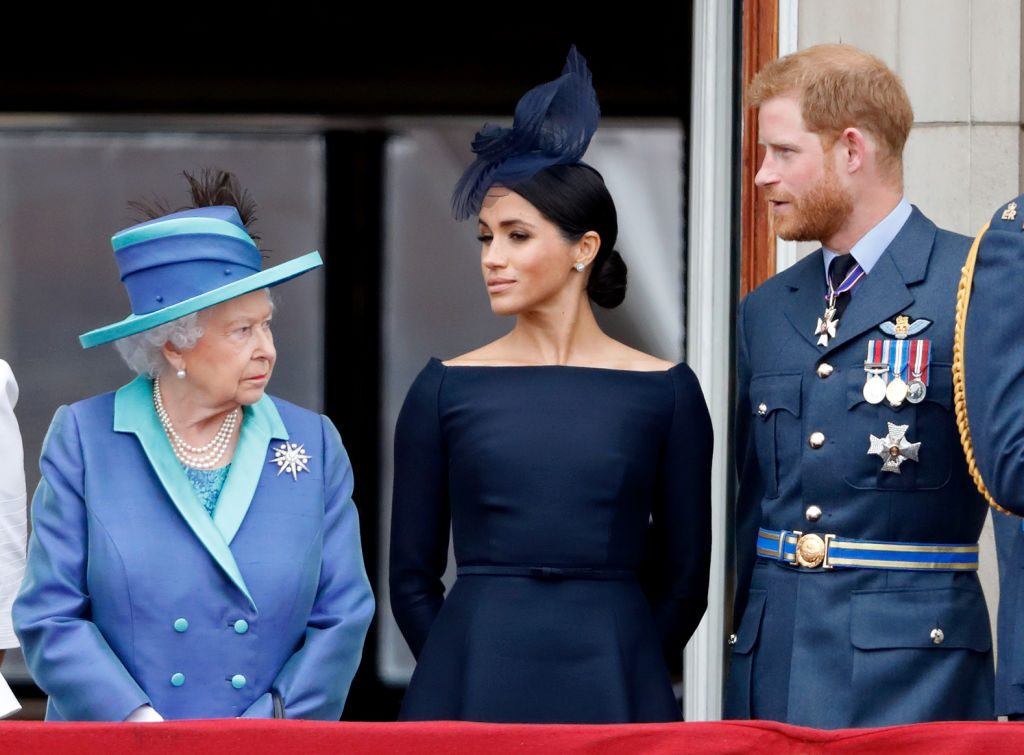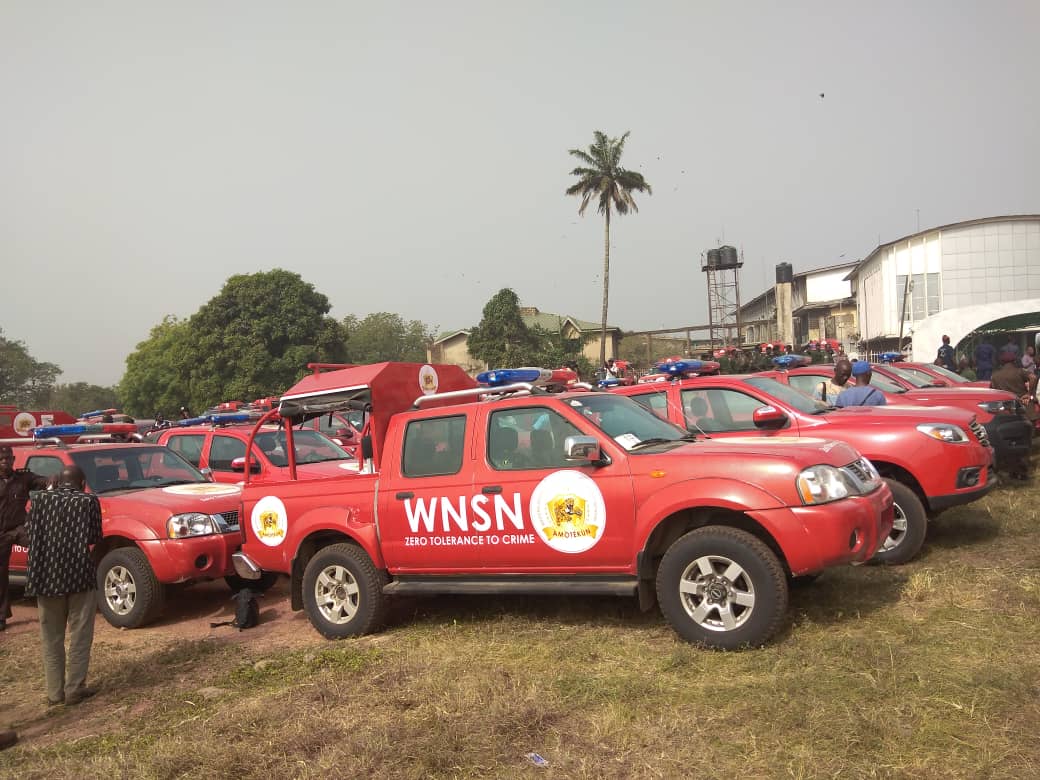The headline in The Punch dated October 22 read: “FG disburses $103.6m Abacha loot to the poor”. Other papers had similar headlines. In the news report, it was explained that the poor in this regard were current beneficiaries of the National Cash Transfer Programme which is a component of the National Social Investment Programme. It went further to explain that the beneficiaries for that batch of recovered loot were going to be mined from a National Social Register collated by the National Social Safety Net Coordinating Office. These details were contained in an address by the Special Adviser to the President on Social Investments.
At that point, it became necessary to ask a few questions. How many poor Nigerians are on the social register, and what is the spread across the country? How did the government collate the names and other details of
these poor Nigerians? Are the poor people part of the 60 million Nigerians without bank accounts and the 90 million living in extreme poverty? If yes, how is the money transferred to them? If no, how is the government able to track that the monies get to the intended beneficiaries? From the viewpoint of sustainability, couldn’t the money be put to use in developing infrastructure that would significantly improve the welfare of vulnerable Nigerians? This is not
an attempt to review the scheme but to raise a much bigger issue relevant to public discourse on identity management.
For the sake of national planning, instruments like a census are considered most vital to any meaningful development effort. This year would be the fourteenth since the last population census. At the time, our population was put at 140, 431, 790. Ever since all we have had are estimates that do everything but help with the reflection of the true state of things. The United Nations Population Fund (UNFPA, 2019) put Nigeria’s population at 201 million. In 2018, the World Bank estimated Nigeria’s population to be 195, 875, 000 while Trading Economics put
the estimates at 195,870, 000. For 2019, the United States estimated 208, 679, 114 as of July 1. For the same year, the World Population Review estimated 200,963,599. These estimations, although working around the 2.6% population growth rate, go to confirm that we haven’t gotten it right with ‘numbers’ that are critical to our nation-building efforts. And this is the same thing with our election figures which never cease to breed controversies of unimaginable dimensions.
Our planning is really deficient because we do not have the accurate data of Nigerians and the details of their spread across the country. In one breath we are a nation of 180 million people. In another, we are 200 million. The United Nations has estimated that by 2050, our population would hit the 400 million mark making us the fourth most populous country in the world. Information like this should ordinarily allow for a critical examination of some of the current government policies which are clearly not sustainable. For how long would the government continue with the conditional cash transfers? Another cause for concern is the growing number of out-of-school children. Some estimates have it that the number is hovering around 13 million. If nothing decisive is done as soon as possible, we would be having a crisis of an uncontrollable scale in the next few years.
Advertisement
On the issue of poverty, the president made a very ambitious statement on Democracy day last year. He stated the commitment of his government to lift 100 million people out of poverty over a period of ten years. The intentions must be commended. The friction, however, is that like with many political pronouncements or promises that have neither head nor tail, no one can point to how the government intends to achieve this. In many parts of the country, thousands, even millions of Nigerians are still cut off from access to quality education, healthcare and other welfare programmes.
2020 is a great time for the government to commit to developing a policy that would be tailored to ensure that all Nigerians have a formal, unique identity by 2023. The National Identity Management Commission (NIMC) is empowered to ‘establish and manage’ the national identity database in Nigeria. In addition, the agency is to assign a unique National Identity Number (NIN). As it stands, only about 19% of Nigerians are registered according to a report done by the Premium Times on October 19, 2019. Several factors are responsible for this, including
reported cases of extortion by some officers in charge. With this rate, success cannot be said to have been achieved. As a matter of policy, the government should consider latching on the growth in the tech space in Nigeria and a possible partnership with the tech companies, most of which are currently run by young and extremely brilliant Nigerians. The opportunities in this partnership, will create thousands of jobs and also make the registration less burdensome.
A success in this regard would gradually make room for a Nigeria where having some sort of identity card for everything would be a thing of the past. At the moment, many Nigerians go about with at an average of 4 identity cards in their wallets. In some cases, it is more. What should be desirable is a situation where the NIN is enough. It goes without saying that NIN would also eliminate the current and exhausting process of having to capture for everything. Whether it is for the Driver’s License, tax-related matters or even opening bank accounts, the NIN
should suffice. Perhaps, the Bank Verification Number (BVN) could be linked to the NIN. The advantages are multifarious and would in many ways make governance and planning more effective while curbing corruption to a large extent. It would assist the security agencies in the effort to combat crime, identity theft as well as make it
increasingly seamless for Nigerians, and more so the most vulnerable, to access social welfare programmes. For the government, it would end the needless duplicating efforts and save monies that can be channelled to other development projects.
Advertisement
It would indeed be considered as one of the most ambitious accomplishments of the decade if Nigeria can conclude the scheme of getting every Nigerian to have NIN by 2023. If we are committed, we can draw inspiration from India with the Aadhaar system which is the world’s largest biometric ID system. Up till August 2019, the programme had cost India about $1.6 billion, and as of October 2019, had about 1.2 billion people. The programme need not cost us that much. Using the 200 million estimates, our population is conveniently si times less than that of India. If India achieved 1.2 billion in ten years which is an average of 120 million per year, Nigeria should be able to meet the target in 2023. That is on the strict condition that there is the political will to do so. President Muhammadu Buhari may want to consider this as a legacy of his administration.
Samuel Akinnuga,
Lagos, Nigeria.
Advertisement
This is the official page of Samuel Akinnuga – Columnist, Speaker &
Public Affairs Analyst.
Views expressed by contributors are strictly personal and not of TheCable.
Add a comment
